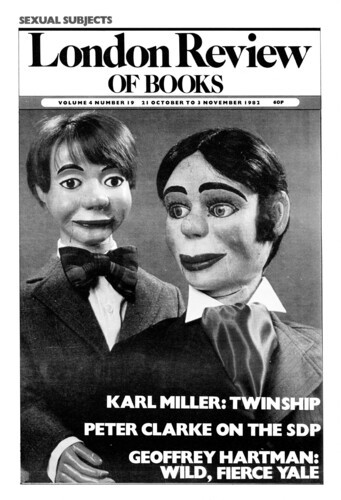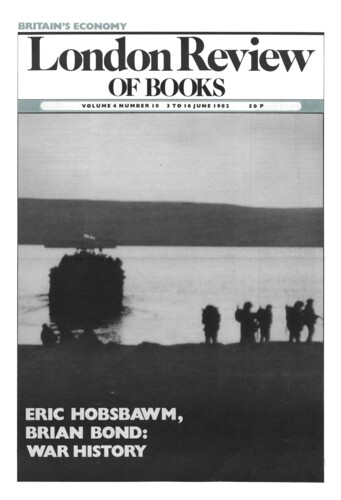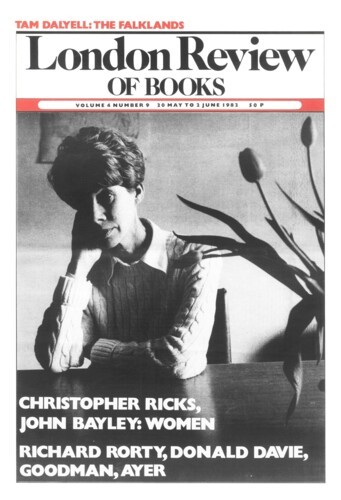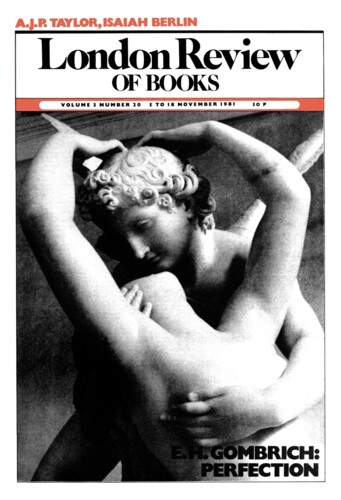Has Labour ever had a decent leader? Has not the conjunction of circumstance always ensured that the right man in the right place at the right time was, ineluctably, the wrong man? Or has there, perhaps, never been a ‘right’ man (or woman): is it in the nature of British working-class politics that those who come to the fore are always those who, as the saying goes, could scarcely organise a piss-up in a brewery? The Edwardian pioneers had no settled leader (the SDP has sound scriptural precedent here): Keir Hardie’s talents were other than those of a Parliamentary chairman; Arthur Henderson was dull; Ramsay MacDonald was both great orator and skilled tactician, though his critics within the Party were numerous well before the First World War broke out. During that war, a number of Labour men served in government (not, of course, MacDonald, whose view that the war was the product of a misguided foreign policy, but could scarcely be brought to a stop overnight, was not always well understood by out-and-out pacifists or out-and-out opponents of capitalism). The war brought Labour to the forefront of national politics, but the first post-war election deprived it of its best-known figures. Willie Adamson, a former Fifeshire miner, happened to be around and so became Chairman of the Parliamentary Party. In 1922 MacDonald, Philip Snowden, his great rival in the Parliamentary opposition to the war effort, and the Clydeside contingent were returned to a Parliament in which Labour was now indisputably the main opposition party. A chairmanship contest was held between MacDonald and J.R. Clynes, who, serving as a competent minister in the Lloyd George war coalition, had at that time been tipped by the Observer as a future Labour prime minister. MacDonald was elected chairman and leader, as the press at the time, and Robert Mackenzie much later, stressed. MacDonald had the charisma, he had the contacts with the Left, and he profited from the general disenchantment with the war and those associated with it. That said, it is impossible to see the worthy Clynes as a ‘lost leader’ who would somehow have averted the humiliations of 1931.
Has Labour ever had a decent leader? Has not the conjunction of circumstance always ensured that the right man in the right place at the right time was, ineluctably, the wrong man? Or has there,...




